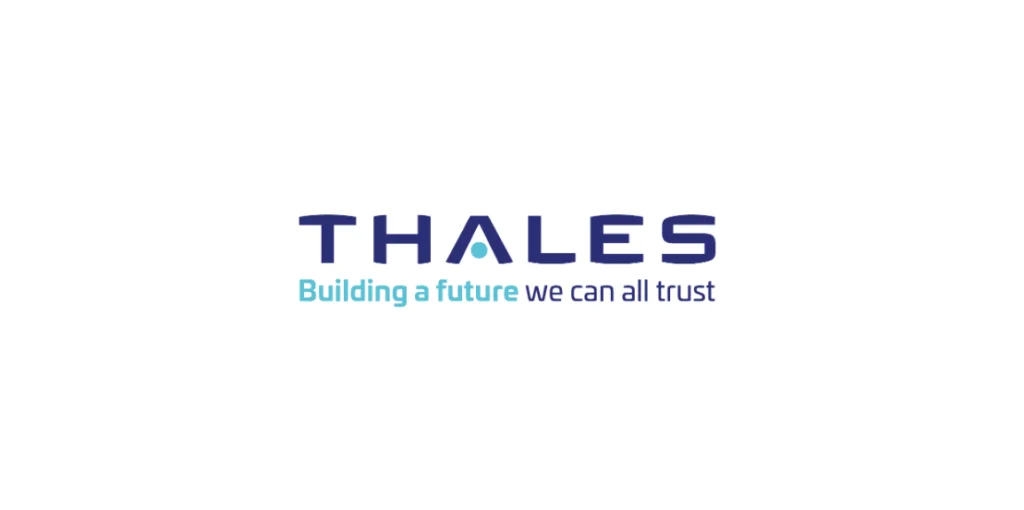Insider Brief
- Montana is emerging as a national hub for quantum technology, anchored by MSU’s QCORE research center and a growing ecosystem of photonics and cryogenics firms.
- A private summit hosted by Quantum Coast Capital and Meaningful Ventures 2.0 convened leaders from industry, government, and academia to align strategies on talent, technology, and U.S. quantum leadership.
- Discussions emphasized workforce development, international cooperation, and the role of strategic capital in shaping the future of quantum innovation.
- Image: Lorenzo Martinelli, Ben Bloom, Matt Cimaglia, Lamont Silves, and Ryan McKenney gather in Montana during the Quantum Leadership Summit: Talent, Technology & Transformation retreat on Aug. 4, 2025. (Photo by Chris Lake)
Montana, long known for its natural beauty, is rapidly emerging as a strategic center for the United States’ quantum future. With Montana State University’s QCORE facility leading groundbreaking research—backed by a $26.7 million U.S. Air Force grant—and a thriving network of photonics and cryogenics companies, the state has built an ecosystem that blends advanced science with workforce development. This unique environment set the stage for a private summit hosted by Meaningful Ventures 2.0 and Quantum Coast Capital (QCC), where leaders from industry, policy, and academia gathered to shape the future of U.S. quantum leadership.
The retreat brought together executives from Atom Computing, Quantinuum, D-Wave, IonQ, and other key players, alongside policymakers, investors, and regional leaders, for an exchange that was as candid as it was consequential. Conversations moved seamlessly between panels and informal discussions, with topics spanning quantum computing, AI integration, and sensing technologies critical to defense, navigation, and medicine. Jason Yager, Executive Director of the Montana Photonics & Quantum Alliance, reflected on the significance of the gathering, noting, “This summit was about more than technology—it was about aligning the people and the strategies that will determine who leads the next era.”
Throughout the event, education emerged as a unifying theme. Participants stressed that U.S. leadership in quantum depends on building the talent pipeline that will power future innovation. Montana’s own investment in STEM programs and its growing role in quantum workforce development became a focal point. Jayne Morrow, CEO of Montana State University’s QCORE, emphasized, “QCORE is not just a research facility—it’s a quantum infrastructure investment for Montana and the surrounding region. It is an engine for training the next generation of technicians, scientists, engineers, and entrepreneurs.”

The summit also underscored the need for global coordination. Conversations touched on NATO’s interest in quantum as a defense priority and the United Nations’ potential role in setting international standards. These exchanges made clear that while competition is inevitable, cooperation among allies is equally vital to ensure the technology is developed and deployed responsibly.

Quantum Coast Capital’s leadership framed the event as an inflection point. By connecting private capital with national policy and research initiatives, QCC has positioned itself at the intersection of innovation and strategy. Matt Cimaglia, QCC’s founder and managing partner, emphasized that “the quantum future will not be built in silos. It will require coordinated effort across science, industry, and government.”
Meaningful Ventures 2.0, in collaboration with Quantum Coast Capital, hosted the summit to illuminate the role of family offices and how they can position themselves at the forefront of the rapidly evolving quantum technology landscape. “Our focus is to explore how education, national security, and long-term economic resilience converge in the quantum era—and how strategic capital can help shape a thriving ecosystem of innovation and talent,” stated Christine Tennyson, Executive Director of Development, Meaningful Ventures 2.0.
That sentiment was echoed by Senator Steve Daines, who, in a recorded message to attendees, highlighted Montana’s role in advancing U.S. quantum leadership. “By building these public-private partnerships and securing American leadership in the quantum space, we can ensure that the United States is at the forefront of innovation,” he said. “Montana is proud to play a part in that future, with research institutions, entrepreneurs, and businesses working on cutting-edge technologies that will define the decades ahead. I want to thank you for your commitment to driving progress, and I look forward to seeing the work that comes out of this summit.”
As the retreat came to an end, participants left with fresh insights and strengthened alliances, built in an environment that fostered ethics, creativity, and vision. Taking place during the International Year of Quantum Science and Technology (IYQ2025), the event underscored that the future of quantum leadership will not hinge solely on powerful machines, but on the networks of people, policies, and ideas working together. The shared commitment leaving this gathering was simple: the relationships formed here must drive the breakthroughs that define the decades to come.















